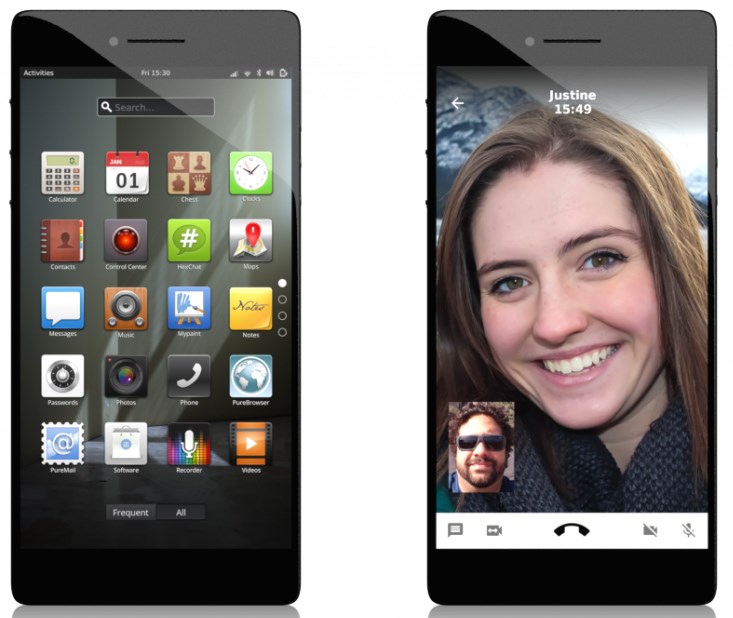Our colleague got fed up with Google services because they can’t manage user access for travelers (Google security processes still don’t have a clue how to do it). Nonetheless, it is only one reason why people are quitting Google. Another major reason is losing privacy along with personal data. The good news is that there are plenty of alternative online services and products you can use that are more privacy-conscious.
Most recommended alternatives to Google online services
A web site titled No More Google has collected an extensive list of alternative products with better privacy features than Google products have. Here are a few of them:
- Google Search – DuckDuckGo is the most recommended alternative search engine at No More Google.
- Gmail – Fastmail the most recommended email system.
- YouTube – Vimeo
- Google Maps – Openstreetmap
- Google Chrome – Firefox is the most recommended alternative product to the Google web browser.
- Google Docs – Notion
- Google Drive – Dropbox
- Blogger – WordPress
- Hangouts – Telegram
- Google Analytics – Matomo
For a few years, we have been using many of the tools listed above, and can recommend, for instance, DuckDuckGo (StartPage and Qwant search engines are excellent as well), Openstreetmap, Vimeo, and WordPress. You can find more recommendations for privacy-enabled services at the No More Google web page.

Alternatives to Google hardware products
Google is marketing hardware products, such as smartphones and home gadgets as well. In effect, the company has expanded its product selection not only to hardware, but also to operating system products, making the company potentially even more invasive into our lives. Here are a few alternative products:
- Android – the most viable alternatives at the moment are Purism Librem 5 smartphone (built on open source Linux) and an open source project /e/ that has released its first beta operating system for smartphones.
- Chrome OS – any desktop Linux, like Ubuntu, Manjaro or Mint is an alternative to the Google operating system (although not designed exactly for the same purpose).
- Google Plus – Since Google+ social network is closing down, thousands of people want to find another channel to communicate. Since these people were not on Facebook in the first place, something else, like Ello, EyeEm, Path or Vero could become a new home for them.
- Pixel smartphones – We may have to wait until Purism gets its Liberm 5 phone to the shops, or the /e/ foundation manages to convince a hardware manufacturer to factory-install the /e/ software, so that we can order a ready-to-run smartphone that doesn’t leak our data to Google.
- Pixel Slate tablet/laptop – a sleek laptop with Linux is an alternative to the Google tablet/laptop.
- Google Assistant – voice assistant systems tend to require so much computing power that the actual processing is executed by big server computers in corporate computer centers. Amazon Alexa, Apple Siri, Microsoft Cortana all work in the same manner, so it is a choice of brand you trust the most.
- Home Hub – a tablet-like device is the central control panel for Google home automation products. It knows everything that is going on in the system. If it is connected to the internet, privacy and security risks are inevitable. Again, the best alternative is the brand you trust the most.
- Nest – all gadgets that control and monitor home lights, alarm system, heating and other functions, and are connected to the internet have security and privacy risks.
- Google Earth – are there any alternatives?
Privacy-focused Internet
Privacy is considered so essential right that, for instance European Union has strict laws for protecting citizens (known as GDPR). The inventor of the World Wide Web, Tim Berners-Lee, is so concerned about the issue that he has created a technology known as Solid that has the potential to bring back control of our own data in our own hands (well, computers).
